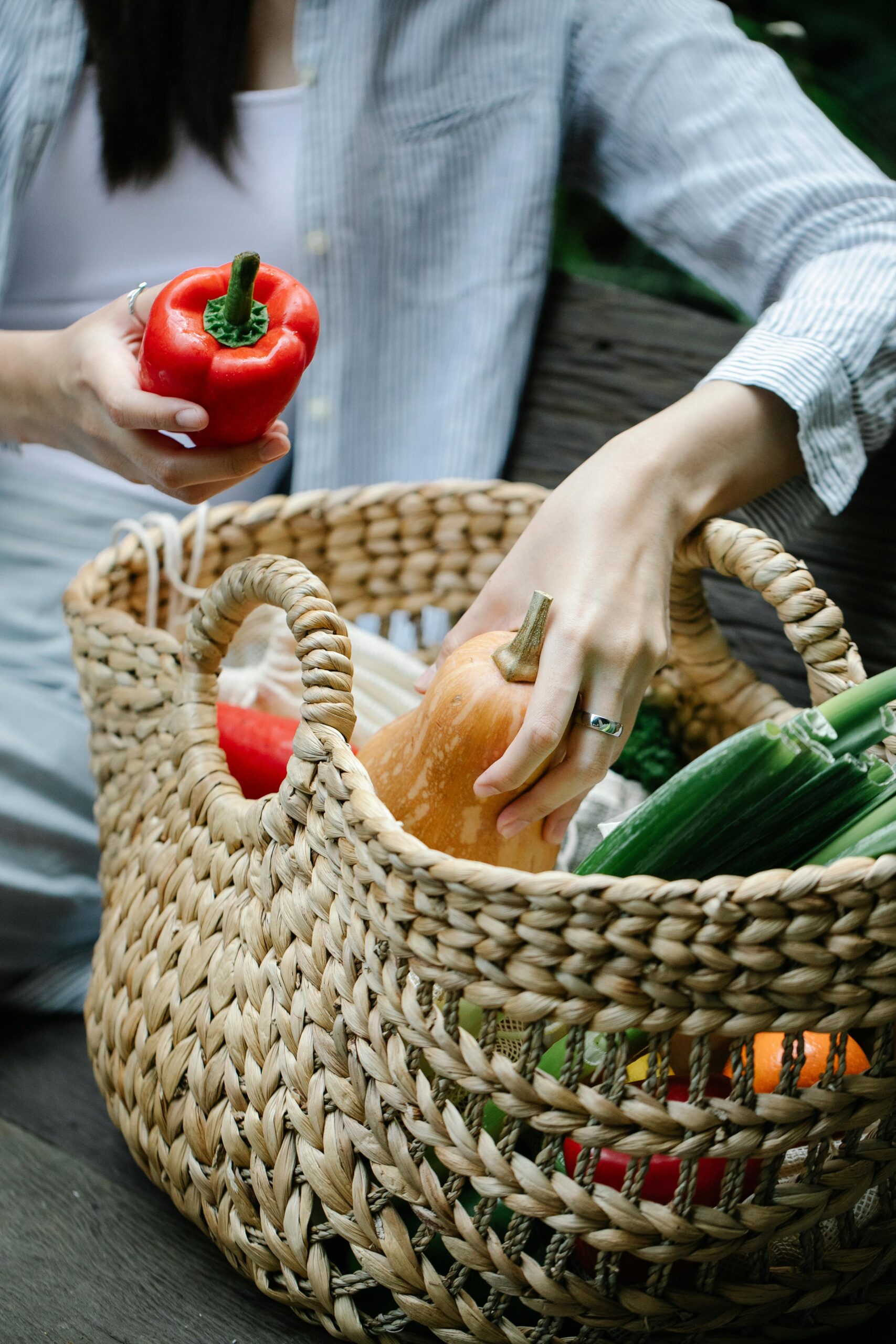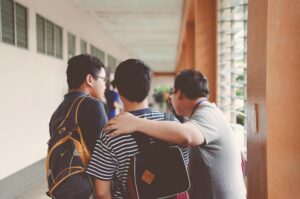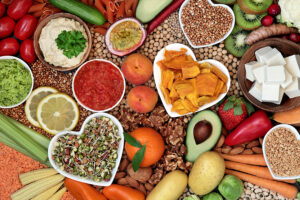This interview refers to the ZeeWaste4EU project which can be found in our Good Practices section.
GOOD PRACTICE OVERVIEW, CHALLENGES AND OPPORTUNITIES
What did you like the most about this practice?
The strength of Zeewaste4EU -project is that it comes to a personal level, where the participants have to consider their food waste on daily life. 7-day challenge to take photos of one’s plate will give an idea of how much food the person is wasting in their daily life. The natural consequence is that people start to think what are the reasons for food waste and how to decrease food waste.
What did you like the least about this practice?
The challenge was focused on plate waste without really considering the impact of the type of food that people eat. For example, the consequence of wasting same amount of vegetables and meat have different impact. Although it is important that as little food waste as possible is produced, at least as important is what type of diet the person has. This aspect was not considered that much in this practice.
How can this practice be improved in the future?
Since the participation was voluntary for most participants, it might be that those who are already eco-conscious take part to the challenge more likely than those who are not as interested on their impact to the environment. If this type of challenge could be a part of a course or class in school it could reach also those students who are not as aware of their food wasting habits.
Do you think your understanding of Food Literacy and sustainable food systems has been improved after implementing this practice?
I think the project helps people to be more aware of their food waste and food waste in general. In that sense it improves the understanding of sustainable food systems, because preventing food waste is an important part of a sustainable food system. For me, I learned more about the food waste that is generated along the food chain and how big of an issue food waste is in EU.
Have you made any changes to your diet yet after implementing this practice?
Personally, I produce quite little food waste and most of it consists of non-edible parts of the food, such as skins/shells of fruits. When I buy fresh food, I normally use it within few days. There were no real changes in my diet after this practice.
Do you have any ideas, how can sustainable food systems be promoted among young people/children?
Young people need good examples on how to eat sustainably and knowledge about sustainable food systems. Our project was focused on decreasing the food waste to zero, which is a good goal. A similar case could be made for sustainable diets, which consider the environmental and climate impact of producing food. A “sustainable diet challenge” would challenge the participants to eat climate friendly for seven days. That would increase the knowledge of young people about sustainable food products.
Additional comments
Zeewaste4EU has an important goal of reducing the food waste to zero among young people. Educational material about food waste are important to give young people the tools to reduce their food waste. The food waste challenge that was organized at our university was a good way to encourage young people to think about their food waste and help them to make more sustainable decisions in their everyday life.







